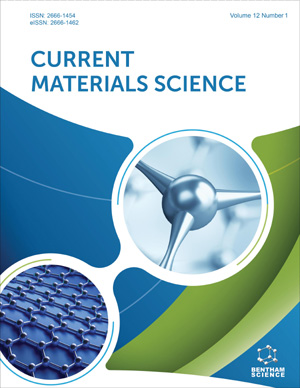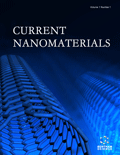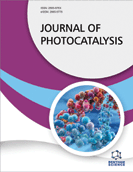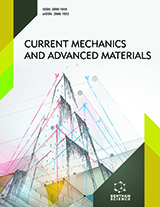Abstract
Background: The rationality of the mixing process specified in the "Technical Guideline for Construction of Direct-to-Plant SBS Modified Bituminous Pavement" needs further verification.
Objective: To study the dynamic modification effect during the mixing process of SBS-T and the optimal mixing process.
Method: SBS-T-modified asphalt under different mixing processes was collected in this paper, and the microscopic images were obtained by using fluorescence microscopy. Then qualitative and quantitative analysis were conducted on the dynamic modification effect. The pavement performances of SBS-T modified asphalt mixture under different mixing processes were studied using the high-temperature rutting, low-temperature bending, and immersion Marshall tests.
Results: An increase in temperature is beneficial for SBS-T to reach a rapid melting state. The fluorescence microscopic area reaches its maximum at a mixing temperature of 180°C, a mixing time of 60s~75s without asphalt, and a mixing time of 120 seconds with asphalt.
Conclusion: The mixing process of SBS-T modified asphalt mixture is as follows: modifier content of 6%~7.5%, mixing temperature of 170°C~180°C, mixing time of 60s~75s without asphalt, and mixing time of 120s with asphalt.






















